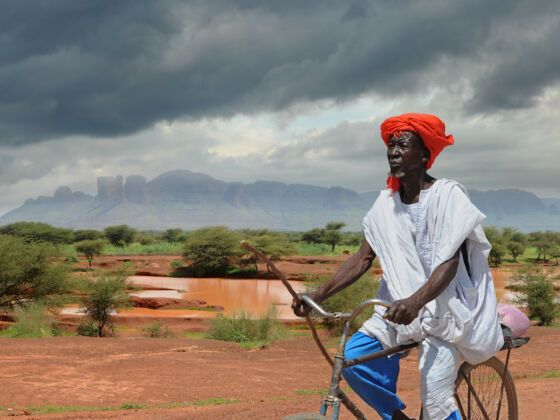LAST FALL, I WAS traveling in Mali, a land-locked nation in West Africa. A few weeks into my time there, I took a 20-hour ferry from Mopti, a busy port on the Inner Niger Delta, in the middle of the country, to Niafunke in the northern region of Timbuktu.
I was on a music collecting mission, in search of a style called Sonrai that’s difficult to find outside Timbuktu and the villages of the north.
Travel in Mali and West Africa is not always easy or straightforward. The climate is intense, there’s some nasty microbial life that can take up residence in your gut, and malaria remains endemic in the region. Transportation is typically chaotic and uncomfortable, and power and water cuts aren’t unusual.
But that one ferry ride summed up all the reasons why I love traveling in Mali. I’ve only been home for three months, but I’ve already booked a ticket to go back. Here’s why:
